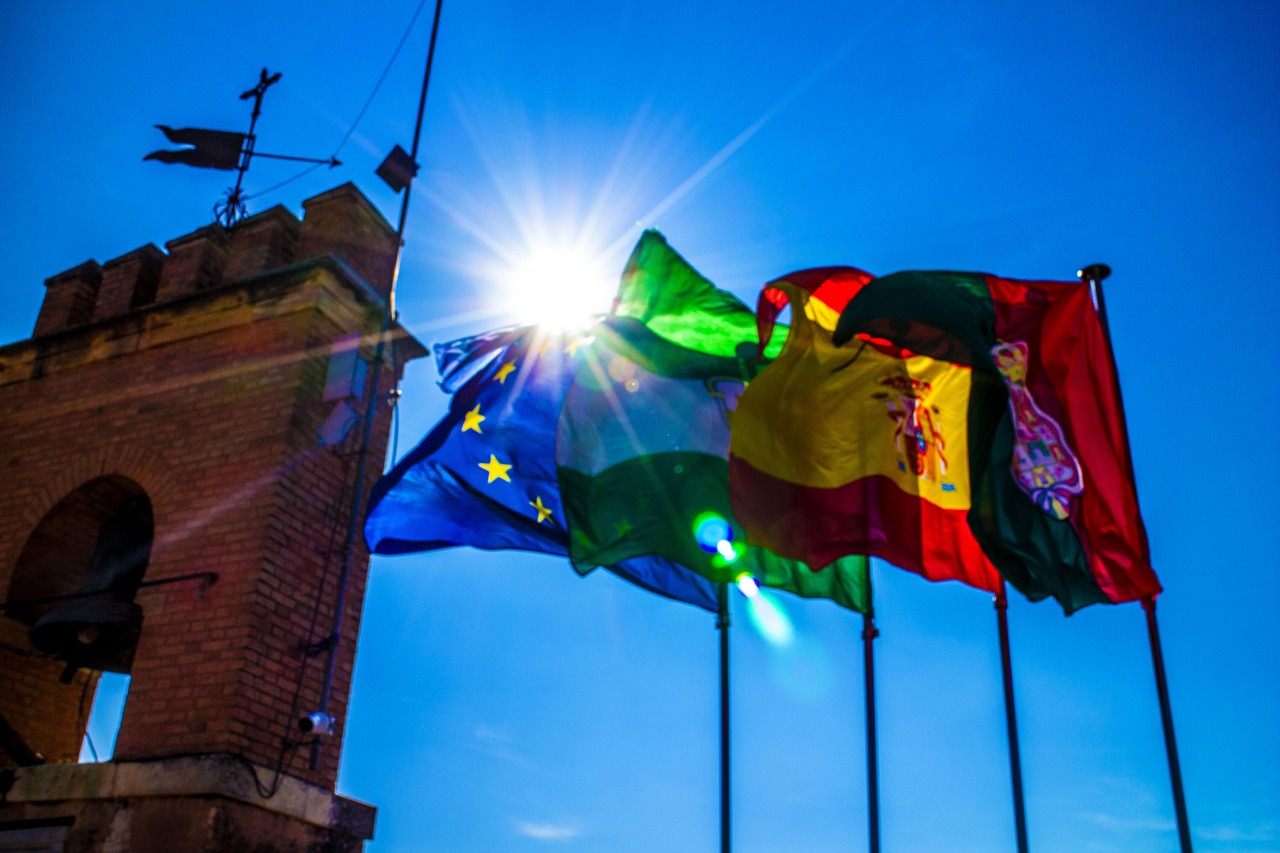By Lydia Chatzopoulou,
As technology and automation continue to advance at a rapid pace, growing attention is being paid to how these changes will impact both work and free time. While some view the future of work as something to be predicted, it is in fact shaped by the decisions we make as a society. The direction we take is not set in stone—it depends on the collective choices we embrace. That’s why it’s crucial to reflect not just on what the future might bring, but on what kind of future we want for work and leisure. Around the world, we see a striking gap: on one side, complex global crises are mounting—from war and inequality to climate disasters—and on the other, we possess the tools and knowledge to address them. What’s missing is bold, capable leadership to connect the two. The future of communities, trust in public institutions, and the stability of nations all hinge on the quality of those in power. As the world grows more turbulent, we need visionary leaders with the skill, insight, and courage to navigate uncertainty and shape a better tomorrow.

Those who hold political office play a pivotal role in shaping a nation’s direction. Their choices influence how resources are distributed, how alliances are built, and how the broader interests of society are pursued. True political leadership isn’t about chasing quick wins or personal advancement—it demands a forward-looking mindset, one that puts the lasting progress and prosperity of the country above all else. And this principle applies to every individual and sector as well. Businesses, for example, must begin to look beyond short-term goals and isolated challenges, recognizing their role within the broader ecosystem that sustains both commerce and society. While responding to immediate problems remains important, companies should also take the initiative to support and reinforce the core systems that uphold public trust, social stability, and shared economic well-being.

Specifically, leaders must lead with purpose and clarity. They don’t just see what’s ahead—they bring others into that vision, painting a compelling picture of what could be. When people grasp that broader vision, they gain a sense of direction and meaning. Effective leaders communicate not only the destination but also the reasons behind the journey and the steps they plan to take to get there. A genuine leader of tomorrow must embody traits like humility, authenticity, emotional intelligence, and moral courage. Such a leader remains grounded, driven by purpose, and deeply committed to doing what is right—not what is easy. They create space for dialogue, welcoming diverse opinions, including dissenting voices, even when those views challenge their own. Rather than rushing to judgment or avoiding tough calls, they approach decisions with a thoughtful, balanced mindset—carefully examining every perspective. Once all factors are considered, they act decisively and with confidence, understanding that leadership demands clarity, not hesitation.
Elected officials hold a responsibility to serve the common good. When casting votes on policy matters, their primary guiding principle should be to back the option that carries the strongest justification. However, determining what truly counts as the most justifiable or reasonable course of action is a deeply debated issue in philosophy, with no universally agreed upon answer (e.g., Aristotle, Rawls, Sandel).

Having outlined the core principles of genuine politics through the lens of virtue ethics, we must now examine the forces that risk eroding these ideals. Virtue ethicists typically identify three layers of threat: first, the universal tendencies of human behavior, such as self-interest; second, the influence of societal structures, with the economic domain often exerting a dominant and distorting pressure; and third, the internal dynamics of the political system itself, which can be come compromised or corrupted from within.
Citizens also carry a crucial responsibility: to actively engage in the political process. This includes voting, being part of respectful public discussions, and using democratic tools to hold leaders accountable. When people participate thoughtfully and responsibly, they help shape a government that truly reflects the needs and rights of its people—one that safeguards both individual freedoms and collective well-being.
Each of these developments may carry significant policy consequences. In essence, rethinking the concept of responsibility offers a valuable opportunity to broaden and enrich both our theoretical insights and practical understanding of global political dynamics. What kind of politics do we owe the future?
References
- The Future of Work? The Political Theory of Work and Leisure. Annual Reviews. Available here
- The Future of Political Leadership: Reflecting on a crisis that affects the core of democracy. Kofi Annan Foundation. Available here
- Political Responsibility. Practical Ethics. Available here
- Conceptualizing responsibility in world politics. Cambridge University Press. Available here




